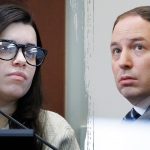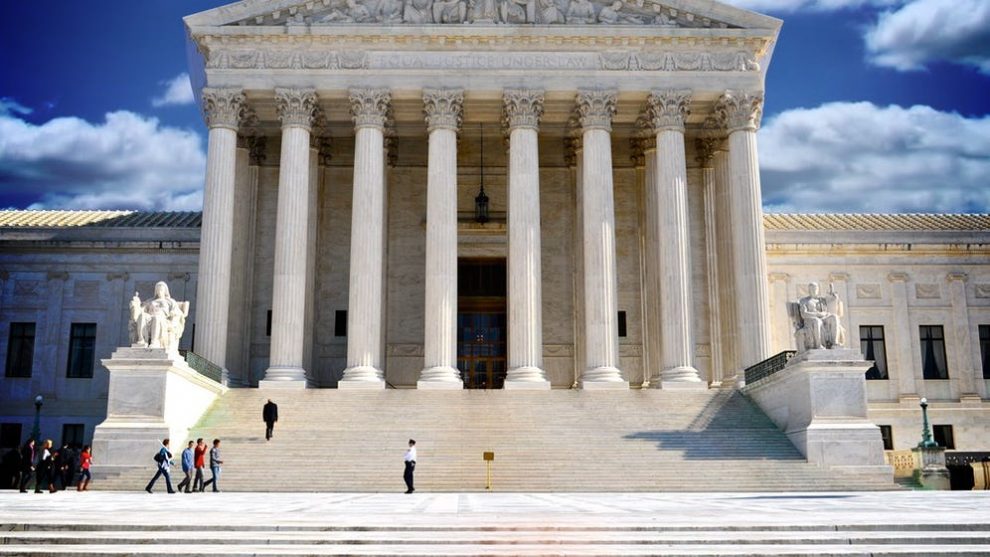The U.S. Supreme Court granted an injunction Wednesday evening against New York Gov. Andrew Cuomo’s restrictions on religious services in a 5-4 decision that saw Justice Amy Coney Barrett with the conservative majority — and Chief Justice John Roberts siding with the liberal minority.
The Court was responding to a request for an emergency injunction by the Roman Catholic Diocese of Brooklyn and the Agudath Israel of America, an Orthodox Jewish group, against restrictions limiting services to ten people in some areas and 25 people in others.
In early October, Cuomo openly threatened to “close the synagogues” if they did not comply with his orders.
The decision read, in part:
Citing a variety of remarks made by the Governor, Agudath Israel argues that the Governor specifically targeted the Orthodox Jewish community and gerrymandered the boundaries of red and orange zones to ensure that heavily Orthodox areas were included. Both the Diocese and Agudath Israel maintain that the regulations treat houses of worship much more harshly than comparable secular facilities. And they tell us without contradiction that they have complied with all public health guidance, have implemented additional precautionary measures, and have operated at 25% or 33% capacity for months without a single outbreak.
The applicants have clearly established their entitlement to relief pending appellate review. They have shown that their First Amendment claims are likely to prevail, that denying them relief would lead to irreparable injury, and that granting relief would not harm the public interest.
…
In a red zone, while a synagogue or church may not admit more than 10 persons, businesses categorized as “essential” may admit as many people as they wish. And the list of “essential” businesses includes things such as acupuncture facilities, camp grounds, garages, as well as many whose services are not limited to those that can be regarded as essential, such as all plants manufacturing chemicals and microelectronics and all transportation facilities.
…
Stemming the spread of COVID–19 is unquestionably a compelling interest, but it is hard to see how the challenged regulations can be regarded as “narrowly tailored.” They are far more restrictive than any COVID–related regulations that have previously come be- fore the Court,2 much tighter than those adopted by many other jurisdictions hard-hit by the pandemic, and far more severe than has been shown to be required to prevent the spread of the virus at the applicants’ services.
…
Members of this Court are not public health experts, and we should respect the judgment of those with special expertise and responsibility in this area. But even in a pandemic, the Constitution cannot be put away and forgotten.
Justice Neil Gorsuch issued a concurring opinion, as did Justice Brett Kavanaugh.
Roberts wrote a dissenting opinion in which he noted that the governor had changed the restrictions the day after the lawsuit was filed. Justice Kavanaugh, however, pointed out that the underlying executive order was still in effect, meaning the governor needed to be constrained from changing the regulations again pending the outcome of the lawsuit.
Justices Stephen Breyer, Elena Kagan, and Sonia Sotomayor joined in a dissent that cited the severity of the coronavirus pandemic and the Court’s traditional deference to local officials on matters involving scientific expertise.
Kagan and Sotomayor also issued a separate dissent.
Gov. Cuomo received an international Emmy award this week, as Hollywood celebrated his leadership in the coronavirus pandemic.
Story cited here.
























